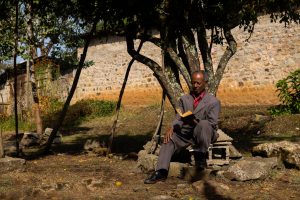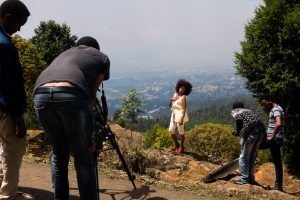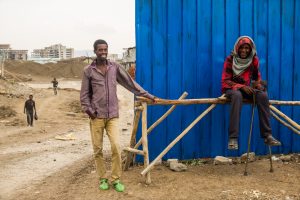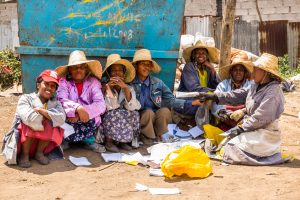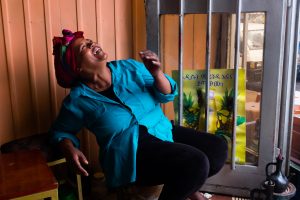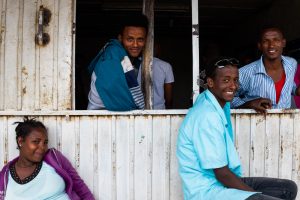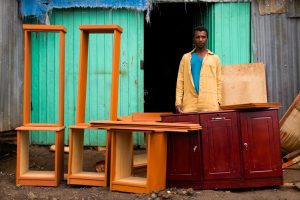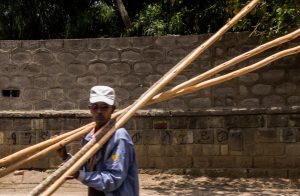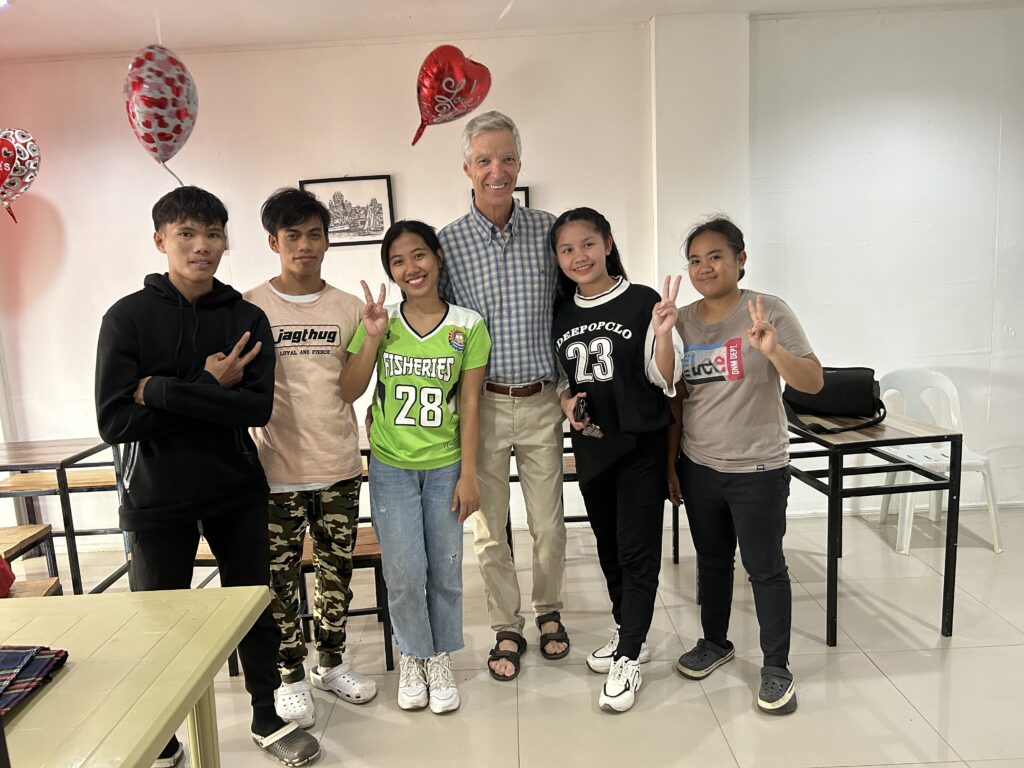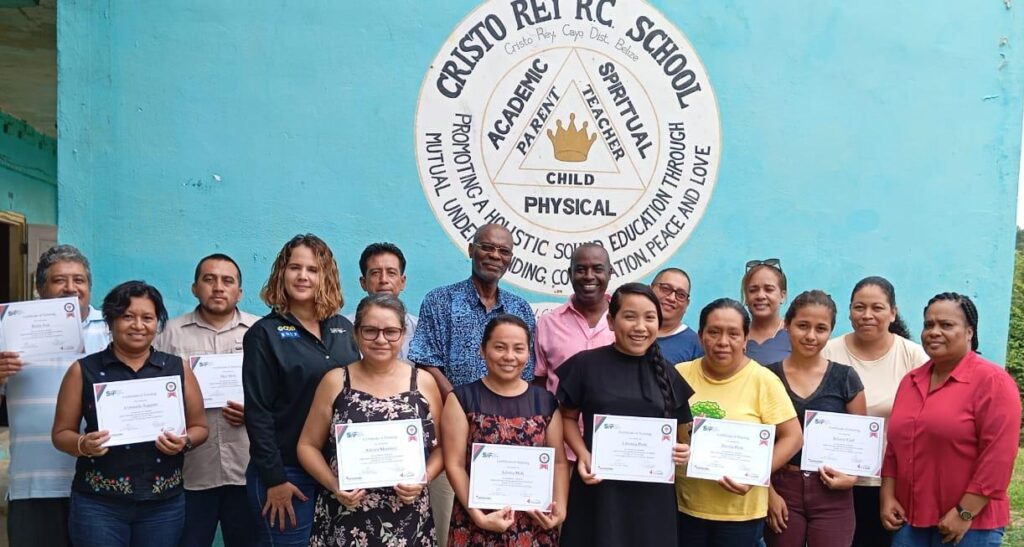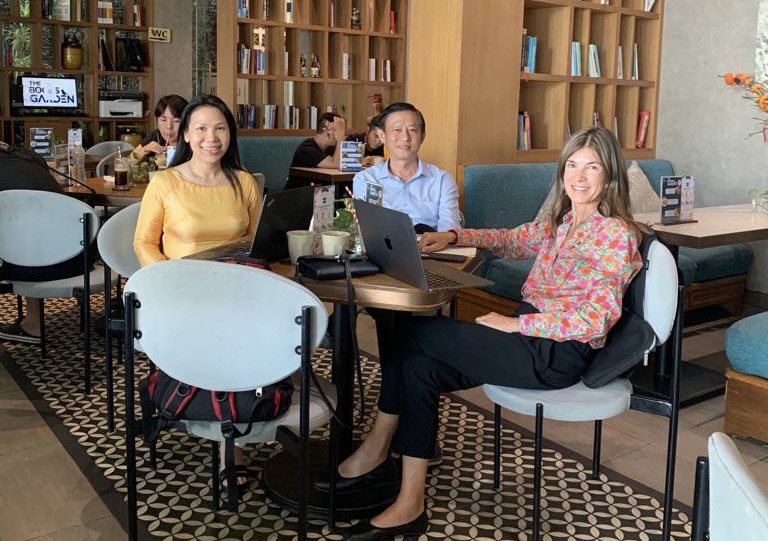My Ethiopian Journey in Photos
I went to Addis Ababa, Ethiopia to do a two-week assignment with the Addis Chamber. As the primary business support agency in the city, the Chamber has a crucial role to play in helping shape the kind of vibrant, sustainable, private sector that will drive incomes, create jobs and ultimately improve well-being across its four million citizens.
The primary aim of the assignment was to provide marketing training to different groups from within the Chamber’s 130-strong workforce, who (although working hard to try and support it 10,000+ membership through a broad range of services) were struggling to deliver a consistently high enough level of service. This was causing some members to not renew their annual subscriptions, complaining that they didn’t feel heard, and that the services were not suited to their own commercial needs. In short, an all too common marketing challenge!
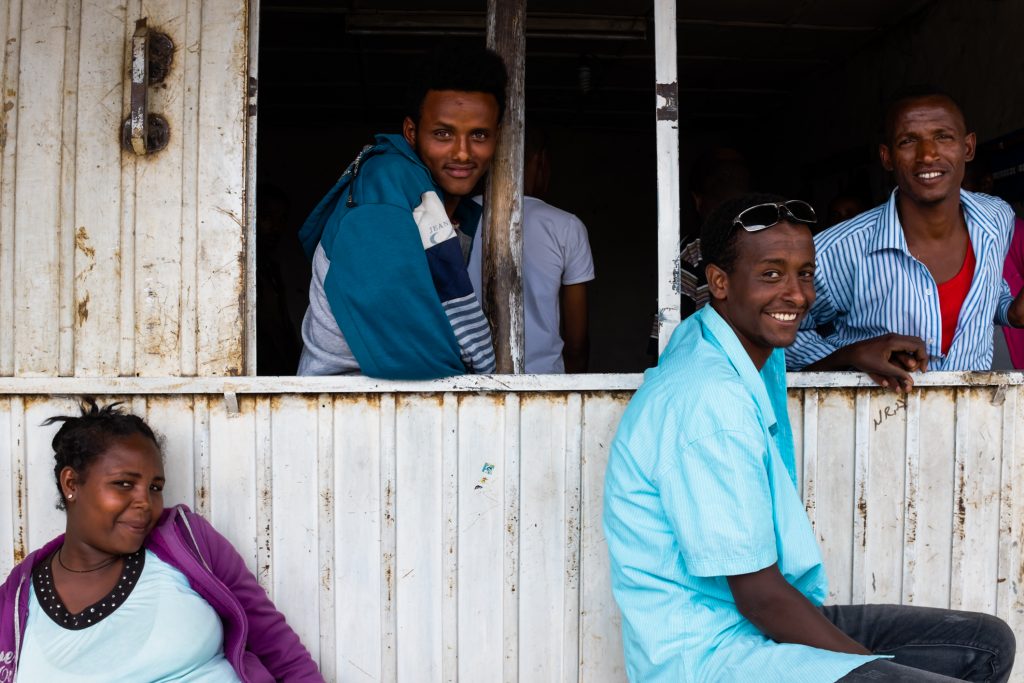
By Edward John Allen
My only previous knowledge of this fascinating, and at times quite frustrating, country was from those 30-year old images of fly-ridden children that made the world weep, sparking the Live Aid phenomena and the beginnings of a greater global awareness of poverty, famine and its complex causes. Although there is still significant hardship, especially in rural areas, Ethiopia has moved, albeit in fits and starts, towards a more market-based economy that has helped stoke healthy increases in GDP over recent years and create a fledgling middle class. Encouraging indicators of progress, but much work remains.
After a few days acclimatizing to the local culture and how the Chamber operated, I was (ably assisted by the CESO “point man” Gebeyehu Zerihun) ready to start the training workshops. Three specific courses were delivered, each pitched at a different level of comprehension and content, but each sharing some common marketing themes such as customer-centricity, market segmentation, service delivery etc. Working from a core set of slides, we allowed plenty of room for discussion of the real day-to-day issues that stifled staff and frustrated members, weaving together practical solutions with sound theory so that staff could not only implement workable solutions, but understand what would be required next time similar issues arose (as they usually do!)
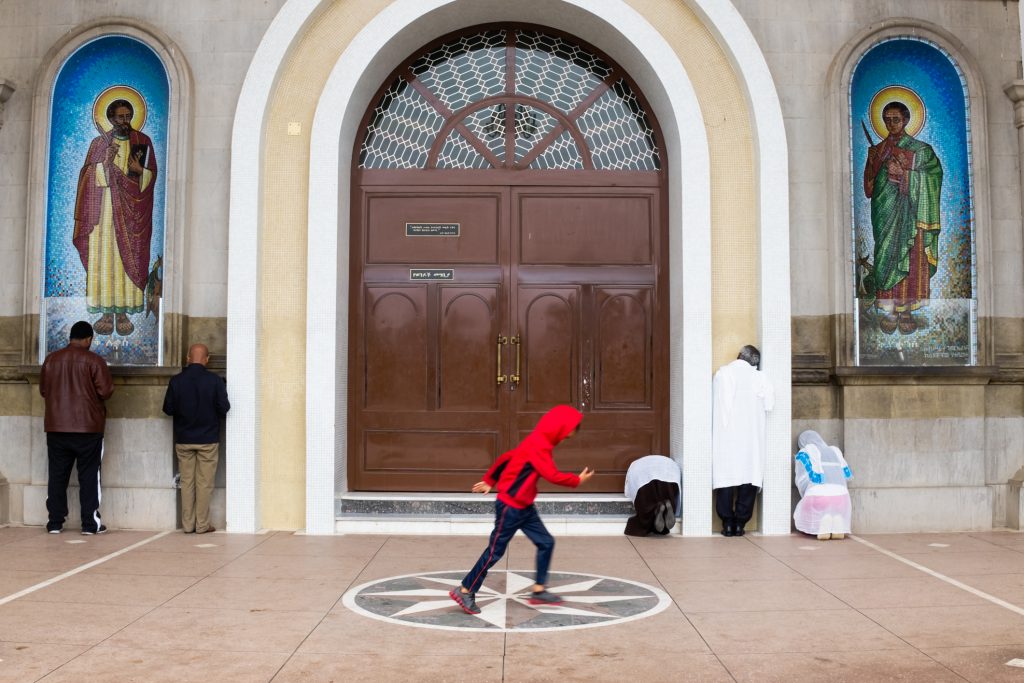
A key thing that I’ve learned from doing various CESO assignments is to allow room to adapt your plan! Here, like elsewhere the real “story” of the organization unfolded over time, with vital pieces of information being dropped out in the most innocent of comments, that can radically reshape the direction of the whole project. I love this! Nothing can be taken for granted, and as a VA, one must always be seeking to stay aware, flex and adapt. It’s like doing a three dimensional jigsaw puzzle without all the pieces, but within this messy process you just might be creating some shift in an organization’s culture, some single insight that may significantly enhance their effectiveness for years to come. This is where the value is added, this is where CESO alters the lives of thousands of people it will never know about. This is why it’s so wonderful to be a CESO VA.
Typically, once the assignment is completed, I will spend a few extra days in-country to explore and indulge my passion for street photography (a few images from Addis are shown below, and you can see more of my work on my website). I have found this to be the perfect complement to the CESO work; it has led to so many extraordinary experiences, wonderful friendships and a much deeper understanding of how other cultures live. Volunteering for CESO has immeasurably altered my worldview for the better, enhanced my consulting / training skills and given me a genuine sense of purpose. It might well do the same for you too…
© 2016 Edward Allen. All Rights Reserved.


